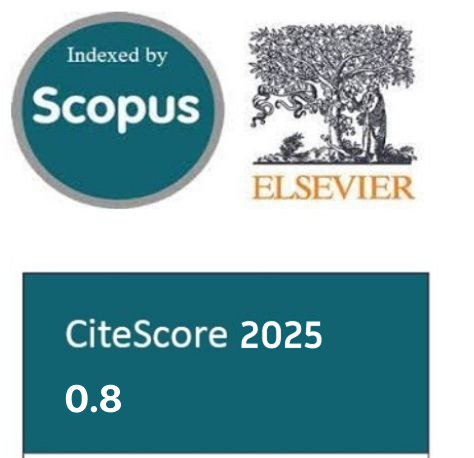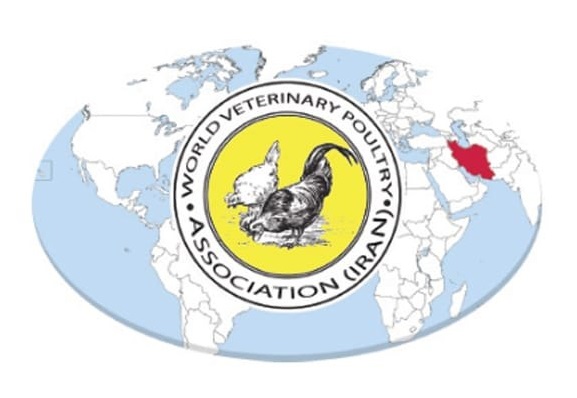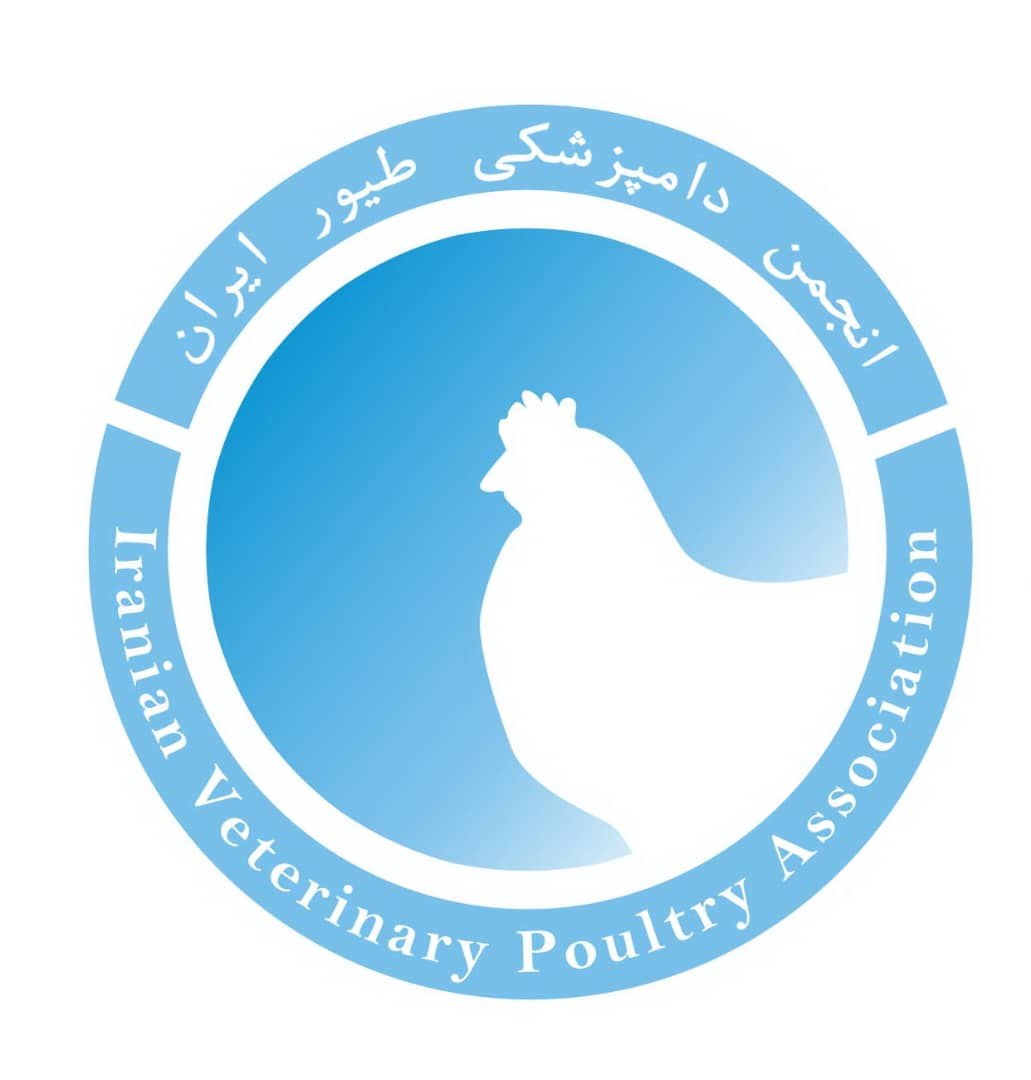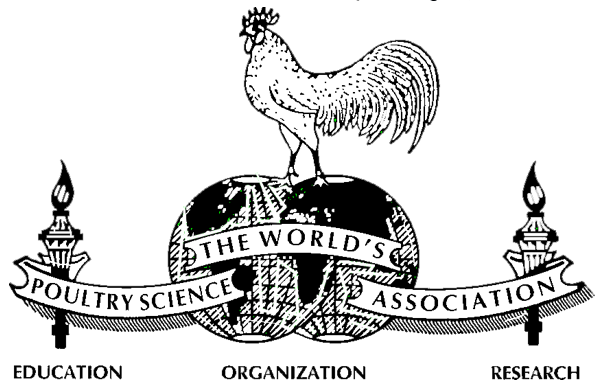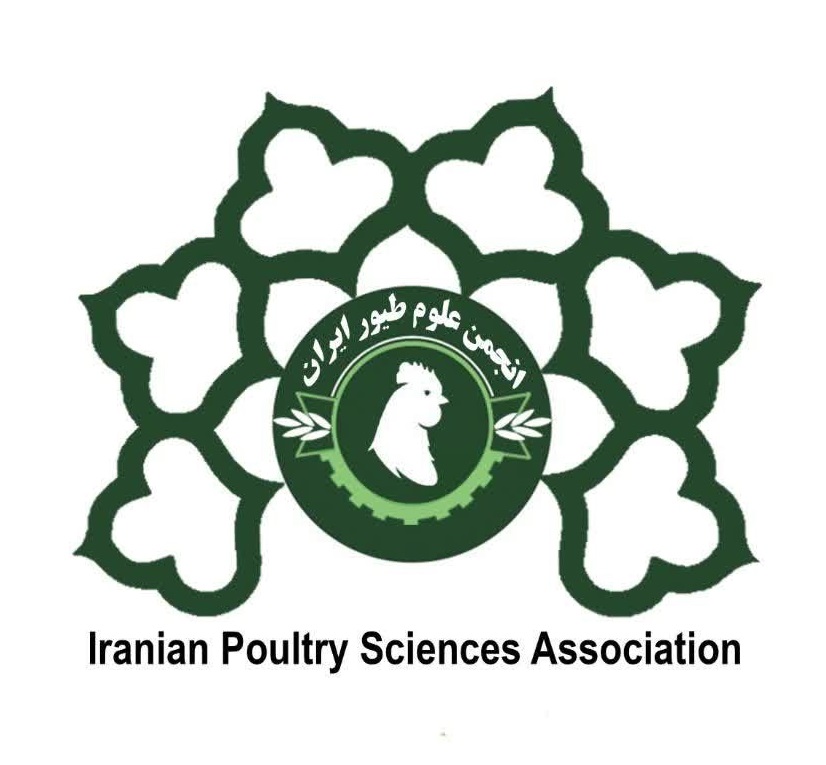Astroviruses; Pathogenesis and Diagnosis: A Review
Keywords:
Astroviruses, Cell Culture, Electron Microscopy, Gastrointestinal Infection, , Immunoassays, Polymerase Chain Reaction (PCR)Abstract
Astroviruses are non-enveloped, single-stranded, positive-sense RNA viruses that can infect a wide range of hosts and are often linked to gastrointestinal sickness. Disease might range from asymptomatic to encephalitis depending on the host and virus genotype. Astroviruses have a significant genetic diversity due to a faulty polymerase and frequent recombination events across strains.
Using diverse approaches and animal models to explore virus-host interactions, researchers have uncovered several notable aspects of astroviruses, including the ability of the astrovirus capsid to behave as an enterotoxin, disrupting the gut epithelial barrier.
Outside of the gastrointestinal tract, astroviruses have been found to cause sickness. More animal models should be developed to study this phenomenon as well as astrovirus pathogenesis, particularly in strains that might cause extraintestinal infection. The current dogma, as with other viral infections of the gut, argues that astroviruses infect in a species-specific manner; however, mounting evidence of cross-species infection of these viruses has called this notion into question.
There are some methods of determining if you have an astrovirus infection. Electron microscopy, cell culture, immunoassays, polymerase chain reaction, and a variety of other molecular methodologies are currently being used in diagnostic and surveillance research. This review will discuss the last updates on pathogenesis and diagnosis of Astroviruses.
Downloads
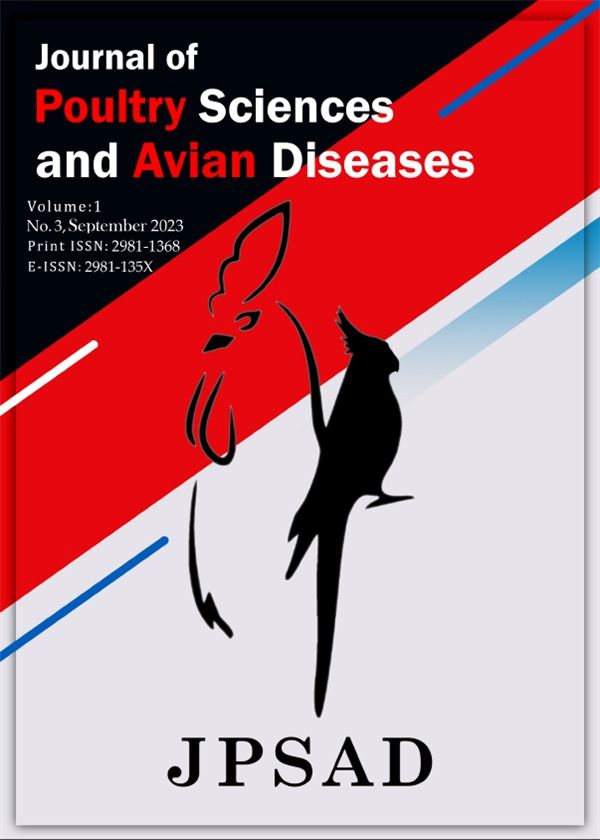
Downloads
Published
Submitted
Revised
Accepted
Issue
Section
License

This work is licensed under a Creative Commons Attribution-NonCommercial 4.0 International License.


